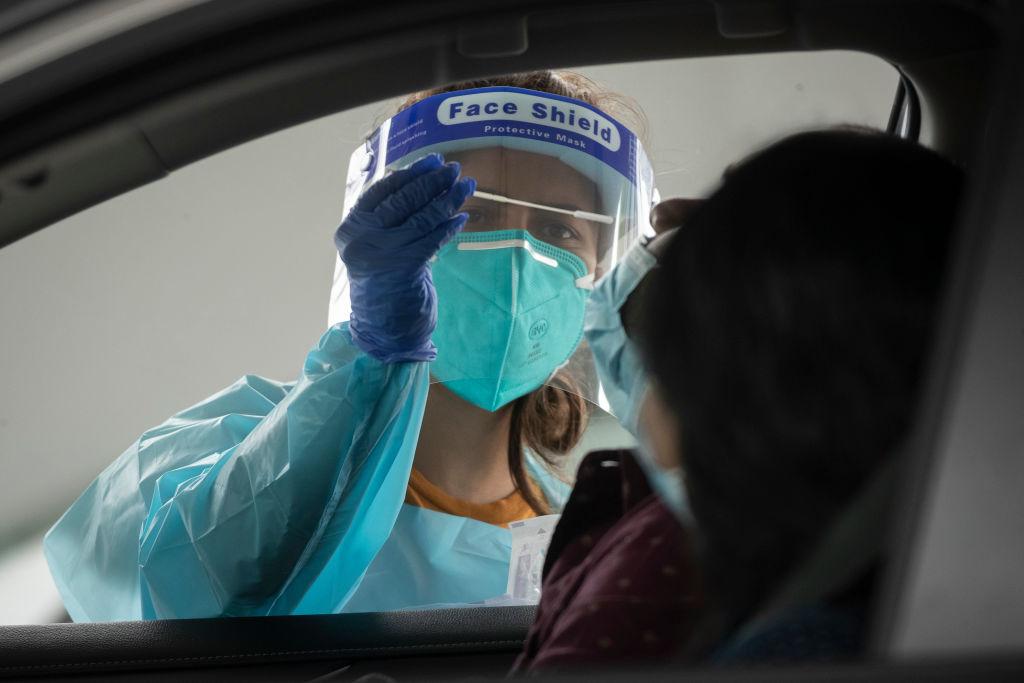Access to PCR testing will be tightened as part of the Australian Labor government’s moves to transition the country away from “COVID exceptionalism.”
On Dec. 12, the federal government launched its $2.8 billion National COVID-19 Health Management Plan for 2023 developed based on advice from the country’s Chief Medical Officer Paul Kelly.





